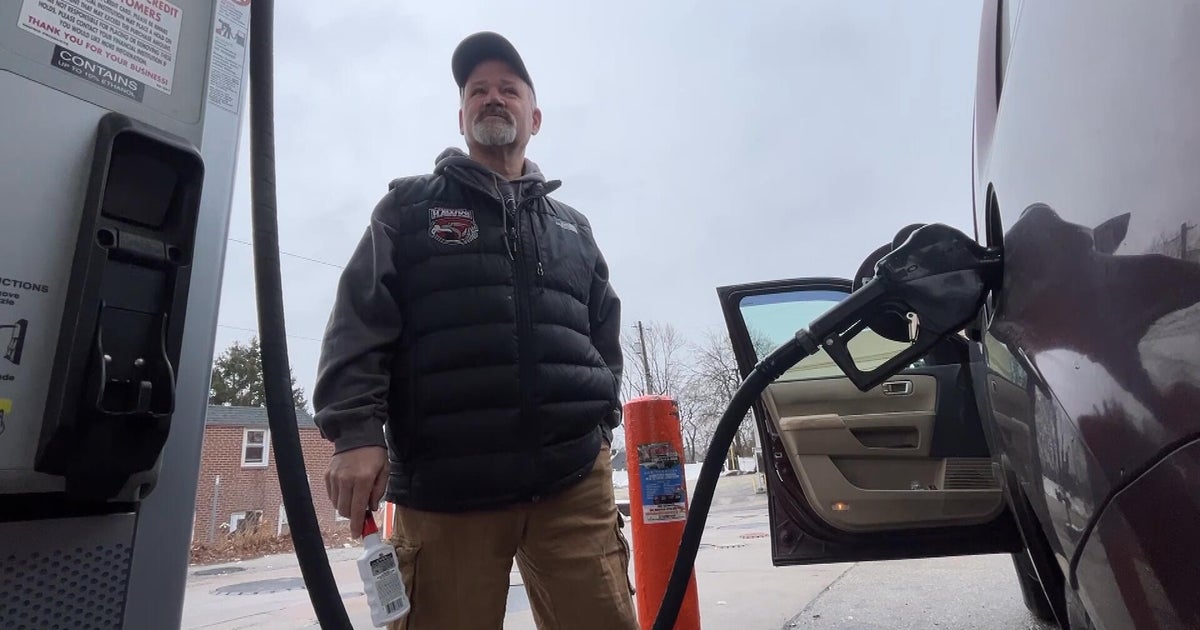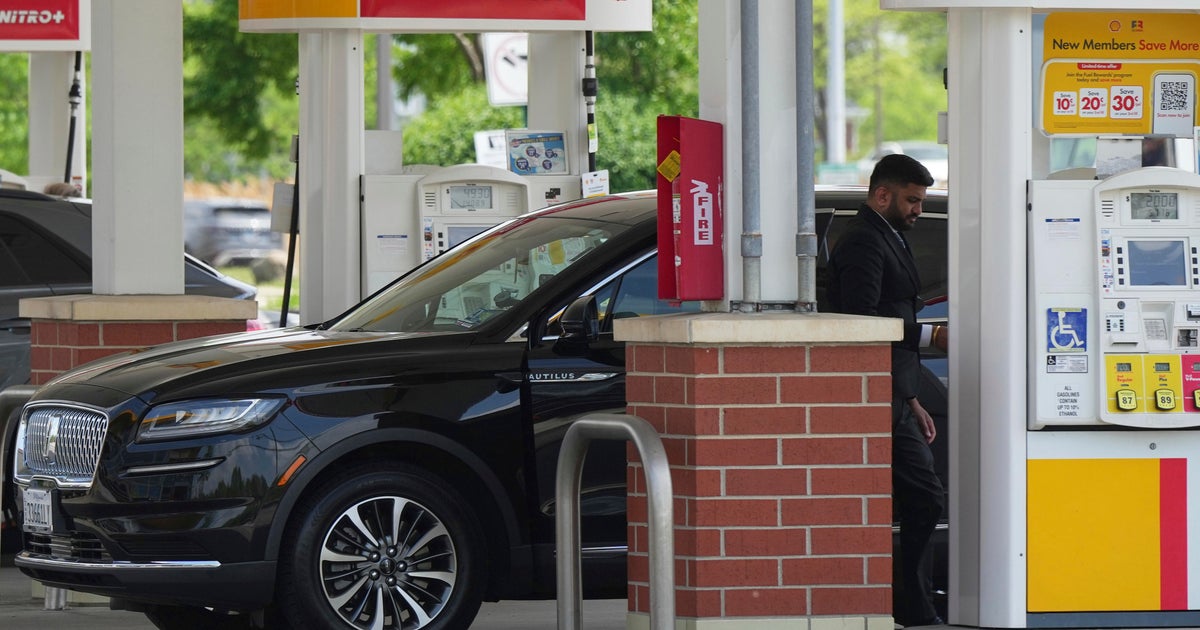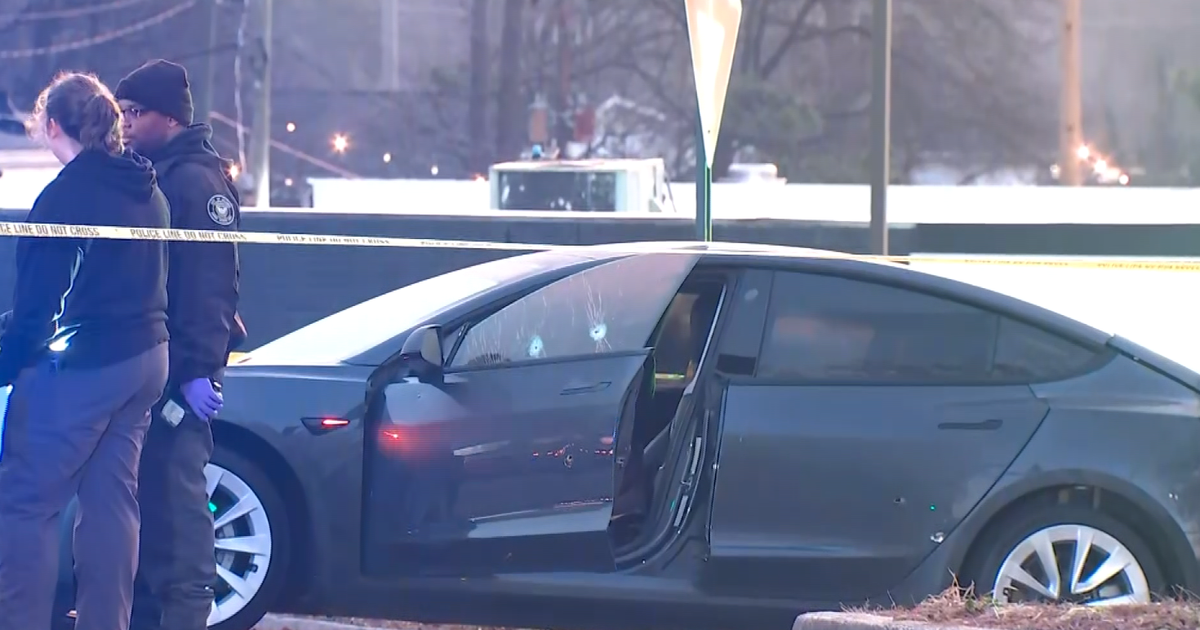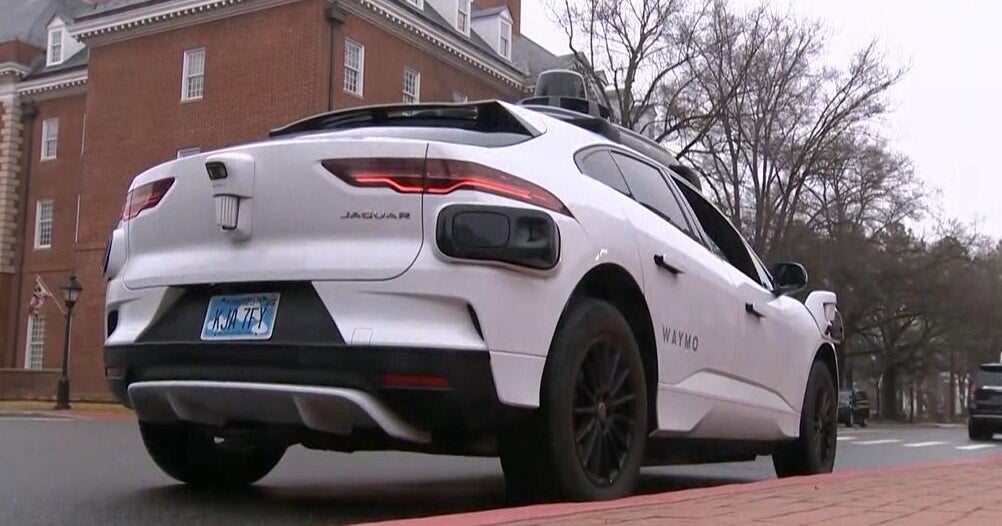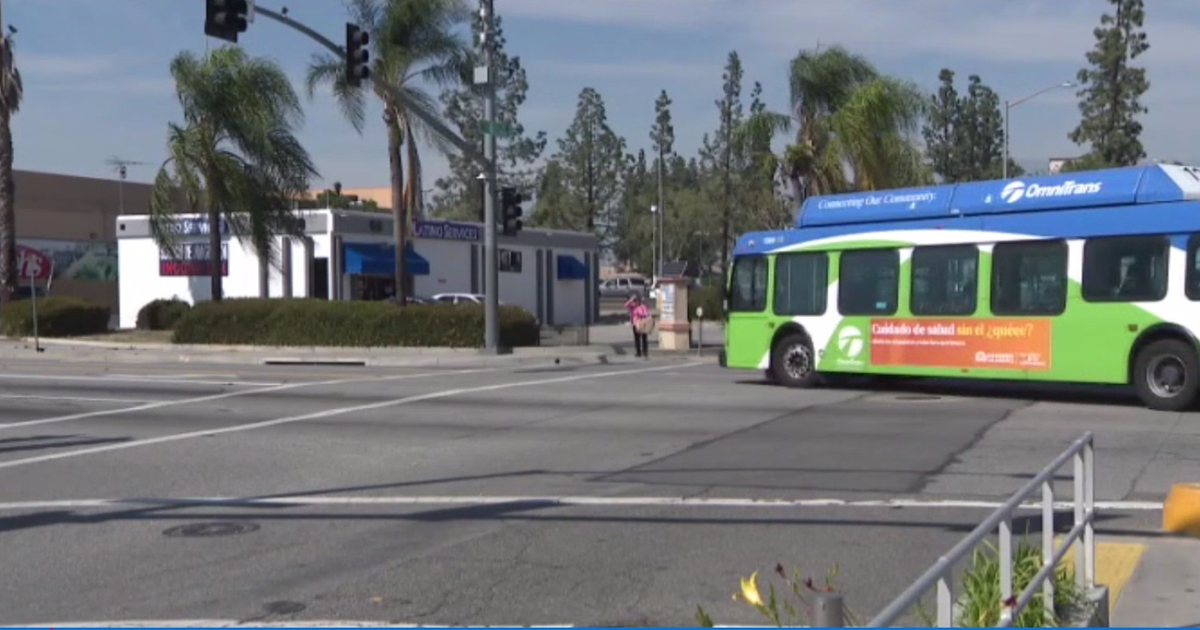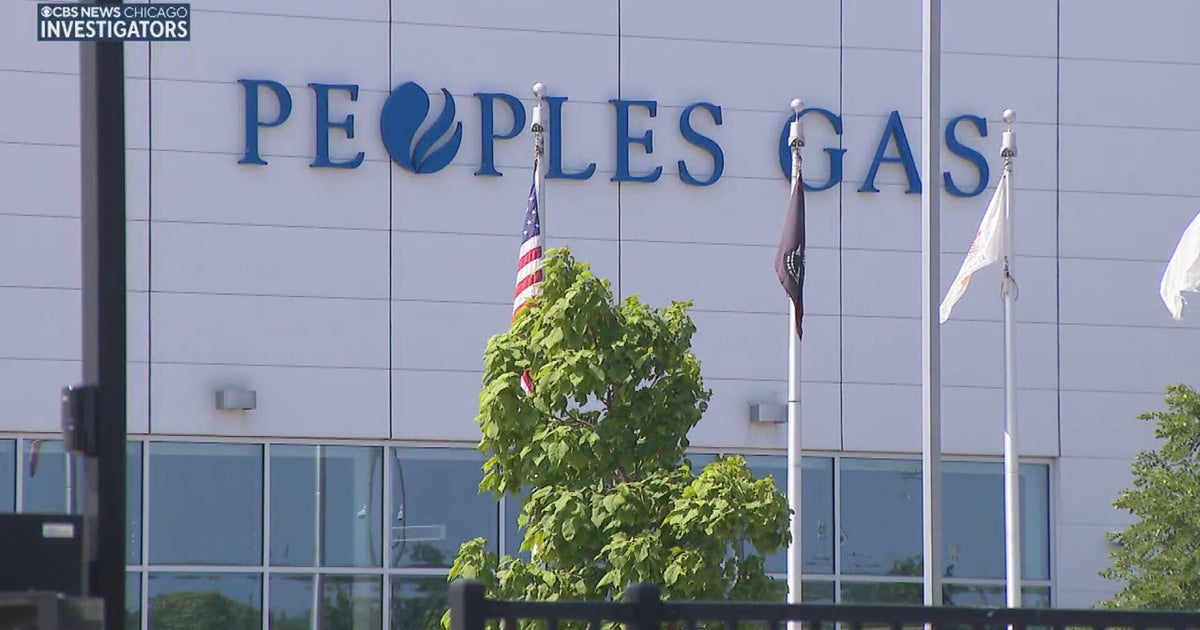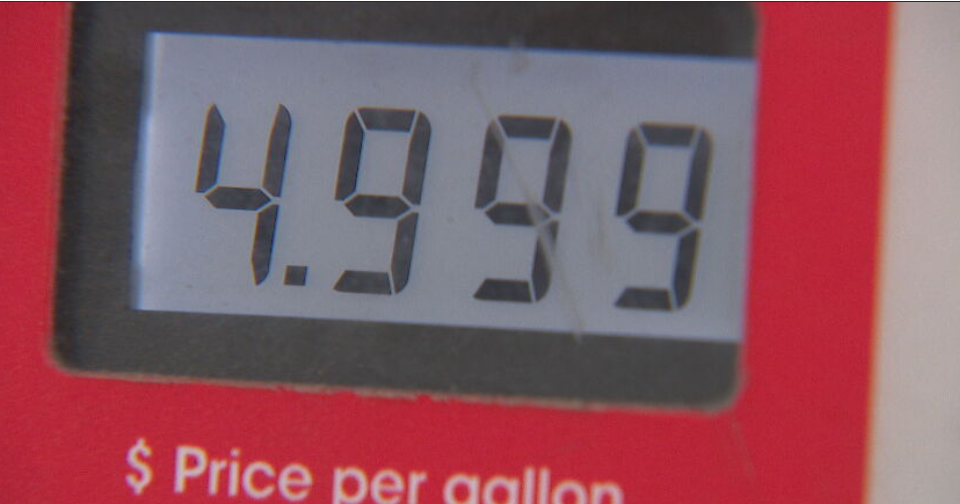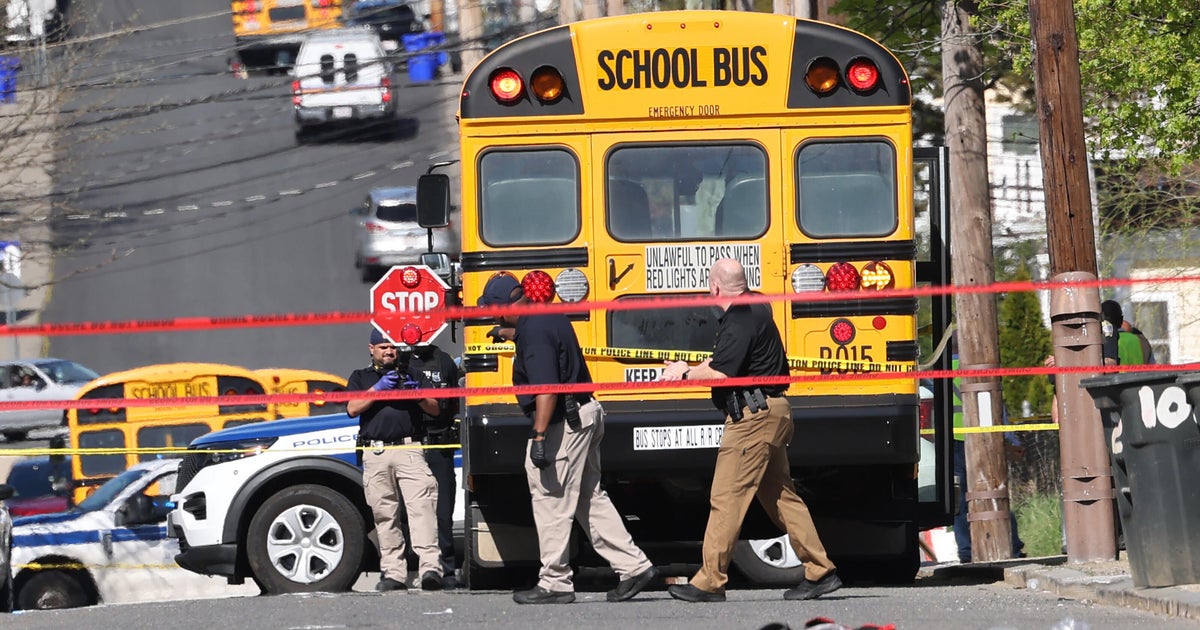Bill would increase wages for rideshare drivers; Uber says it could increase customer costs by 30%
ST. PAUL, Minn. -- As the DFL-led legislatures move ahead with protections for rideshare drivers, Uber warns the legislation could increase customers' costs by 30%.
Supporters of the proposal say drivers are not making a livable wage at a time when gas prices are high and they face increased risks on the road. Last fall, a 20-year-old pled guilty to federal charges of targeting rideshare drivers at gunpoint.
The proposal sets new minimum payment rates to boost the driver's share of a ride's final tab in a move by Democrats to give them a fair shake. It would require compensation of at least $1.45 per mile and 34 cents per minute for rides in the seven-county Twin Cities metro area, with a 20-cent decrease in the mileage rate elsewhere in the state.
On Wednesday, a coalition of Uber and Lyft drivers held a rally at the capitol, demanding the legislature act in the final days of the session. The bill is on the calendar for a vote in the state House Wednesday.
Mauricio Castenda, a driver with Uber, said it's hard for him to provide for his family with his current pay. He explained that a few days ago he drove a family from MSP airport to Chaska for $128, but he only took home $40.
"It's not fair. It's insane. We need money to support our family," he said. "And they don't care."
A spokeswoman for Uber said in an email that the company negotiated a deal with Minnesota drivers to set pay rates similar to what they are paid in Washington State, which just approved a law boosting benefits for drivers there.
"Since March, we have asked legislators to work with us to pass a bill that raises rates for drivers without doubling the cost for riders. We have worked directly with drivers to negotiate a deal that increases their rates, adds additional insurance, and protects their status as independent contractors," Freddi Goldstein, the Uber official, said. "Unfortunately, that is not what we see in the bills being rushed through in the final week."
Eid Ali, president of the newly formed Minnesota Uber/Lyft Drivers Association, said drivers aren't getting paid even half of what they did when working for the rideshare companies 10 years ago.
The proposal will also create a way to appeal a company's decision to kick a driver off the platform. Some drivers say they are "deactivated" without evidence or any opportunity to challenge the move.
The bill before the House Wednesday represents a scaled-back version of the legislation, which had previously required rideshare companies to cover accident insurance for drivers, who are independent contractors.
Still, Uber claims that even with the changes, rides in the Twin Cities on the app will be some of the most expensive in the country—even more than New York—with at least a 30% increase in the average fare. It also warned that services might be reduced if demand diminishes because of increased prices.
Ali and drivers were disappointed the insurance protections have been removed from the plan but welcomed the compromise bill language as a step forward to protect drivers and ensure fairness.
"Am I happy 100%? No," he said. "But we're still fighting and making sure this bill is passed."

